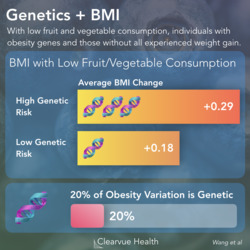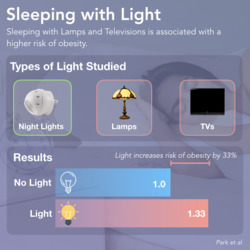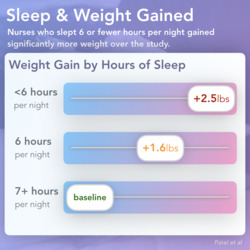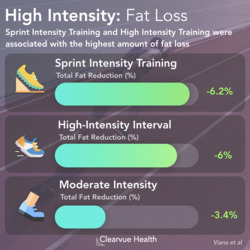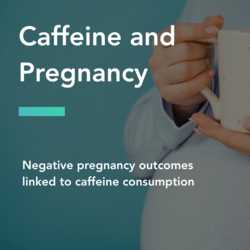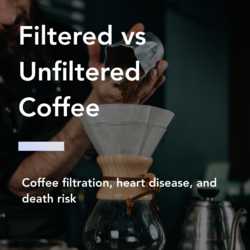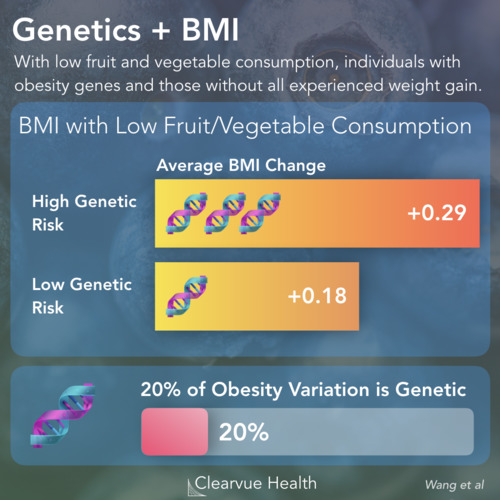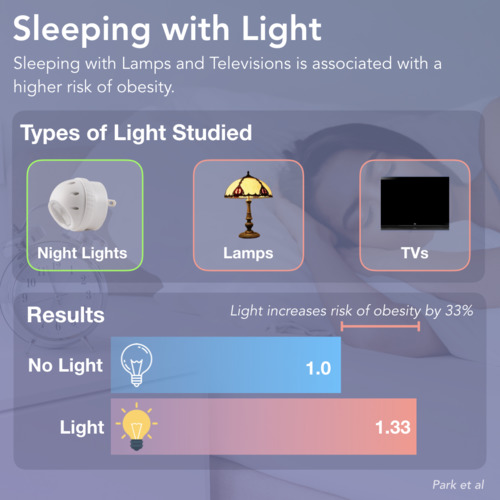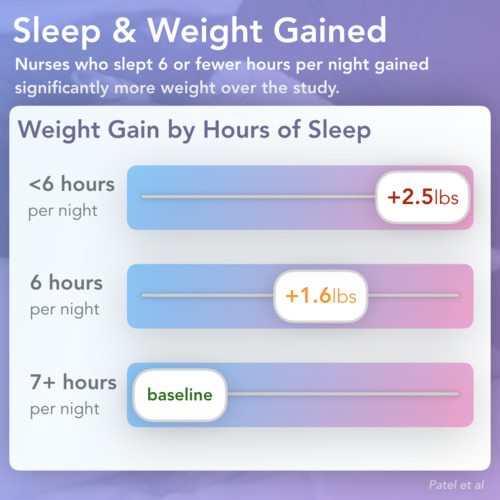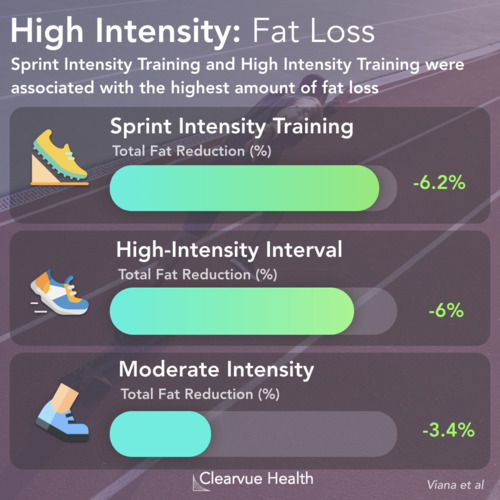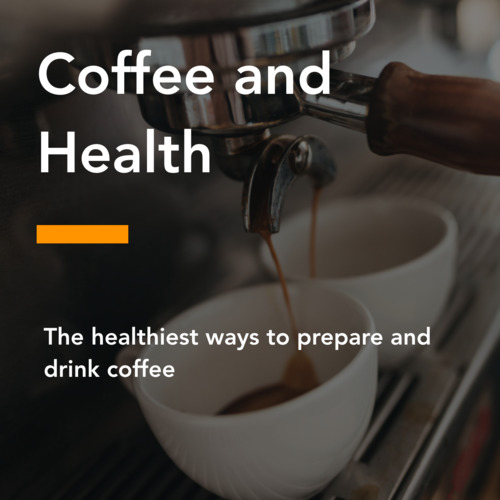Heart Disease & Nutrition
Heart Disease causes more deaths in the United States than any other disease, including cancer.
Your lifestyle determines much of your heart disease risk. Diet and Exercise are key to living well and living long.
Unfortunately, good dietary advice can be hard to come by. Most nutrition research comes in the form of population based studies that can only provide correlations, not causations.
From most nutrition studies, we only know that people who eat a certain food are more likely to have a certain condition. However, we cannot know for sure whether the food caused the condition.
Study Design and Research Question

A new study on dietary fats goes the extra mile and randomized patients to three interventions to see how different fats affect heart health. This design allows researchers to have a better idea on causation.
96 older British adults were randomly assigned to eat 50g of either butter, coconut oil, or olive oil every day for four weeks. At the end of the four weeks, they were examined to see how these oils affected their health.
Source: Randomised trial of coconut oil, olive oil or butter on blood lipids and other cardiovascular risk factors in healthy men and women
Study Results: Effect of Butter vs Olive Oil vs Coconut Oil on Cholesterol

One of the most important indicators of heart health is your cholesterol level, particularly your LDL Cholesterol, otherwise known as bad cholesterol.
In this study, researchers found that all three fats increased your overall cholesterol. Only patients who ate butter experienced an increase in their LDL cholesterol, the bad type. Notably, the differences between butter and coconut oil/olive oil was statistically significant in pairwise comparisons.
Study Results: Effect of Butter vs Olive Oil vs Coconut Oil on Cholesterol

However not all cholesterol is bad. HDL cholesterol is considered a "good cholesterol." Increasing your HDL cholesterol improves your heart health.
Researchers found that coconut oil surprisingly increases your HDL cholesterol the most. Olive oil and butter both increase your HDL cholesterol as well, but not to the same level.
Your Cholesterol to HDL Ratio is another indicator of heart health. As expected, patients assigned to eat butter had a higher (worse) Cholesterol to HDL Ratio, indicating that they had more bad cholesterol in their bloodstream relative to total cholesterols.
Patients assigned to eat coconut oil had the largest drop in their cholesterol to HDL ratio, which was somewhat surprising given the fact that coconut oil is a saturated fat similar to butter.
Basic Science: Saturated Fats vs Unsaturated Fats
The data in this study suggests that there may be more to fats than just saturated vs unsaturated fats. This research adds to the growing body of research that some fats may actually be pretty good for you.
Generally, when looking at fats and diet, you want to eat more unsaturated fats and fewer saturated fats. We've listed some differences between the two types below:

Saturated fats, including Butter and Lard, are generally solid at room temperature. While they don't necessarily have more calories than unsaturated fats, they are known to be harmful to your heart health compared to unsaturated fats.
Unsaturated fats, including olive oil, are generally liquid at room temperature. They are good for you in moderation, as shown in this study.




